Glenworth Valley: Beerfarm seeking investors for $13m capital to secure aggressive growth strategy
A West Coast brewer, a volatile market and an aggressive growth strategy — read how the Central Coast could determine Australia’s next big beer brand.
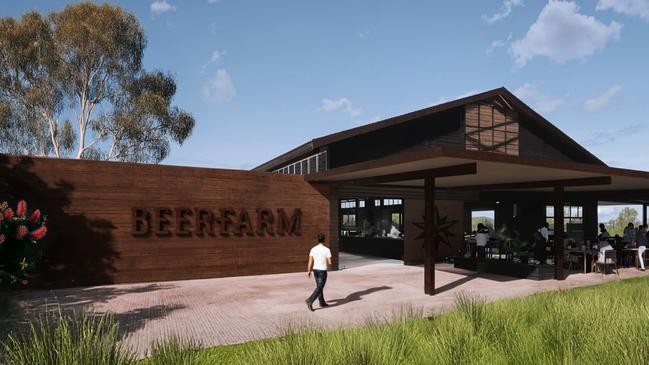
Central Coast
Don't miss out on the headlines from Central Coast. Followed categories will be added to My News.
What cost of living crisis? It’s just the new norm.
That is the sentiment of Western Australian brewer Beerfarm, which is seeking investors for a $13m capital injection that it believes will bankroll it’s aggressive strategy to become Australia’s biggest independent beer producer.
And its new Central Coast brewery at Glenworth Valley is its beachhead.
After gaining council approval last year, Beerfarm has broken ground on its greenfield site at Glenworth Valley, which is on track to be producing the company’s signature beers by the end of this year.
Stage one of the project was estimated to cost $4.6m and includes a brewery capable of producing two million litres a year, or about a 30 per cent increase in Beerfarm’s overall capacity.
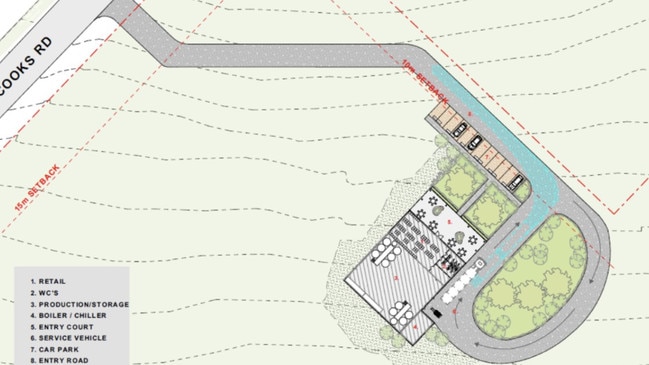
Beerfarm CEO Ian Atkinson said the company was now going out to market to secure partners to invest in its “aggressive growth strategy” which includes stage two of the Glenworth Valley project.
Stage two includes a 96sq m tap house, 280-seat restaurant and events venue, and market gardens employing up to 50 staff.
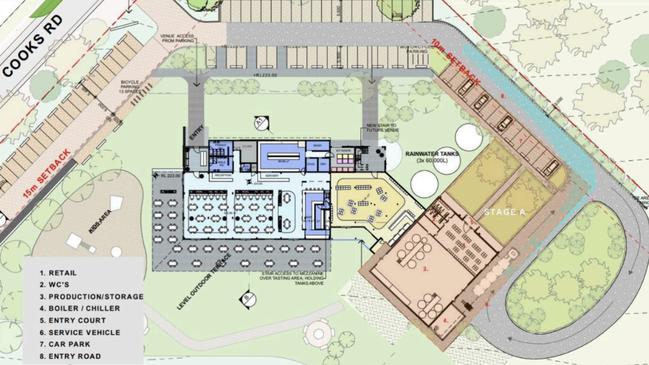
While most of the beer market is contracting or consolidating, Mr Atkinson said Beerfarm was very much “swimming against the tide” in trying to establish itself as “the next big Australian beer brand”.
Last year Beerfarm purchased the production facilities of another WA craft brewer owned by Coca-Cola Europacific Partners, which gave it much needed access to a significant canning facility and the ability to export its beers internationally.
But its domestic success hinges on establishing a foothold on the east coast where it wants to produce kegs for the NSW hospitality market.
Mr Atkins admits what was initially estimated to be a $4.6m investment to establish its beer making capacity at Glenworth had quickly increased with materials and labour costs spiralling.
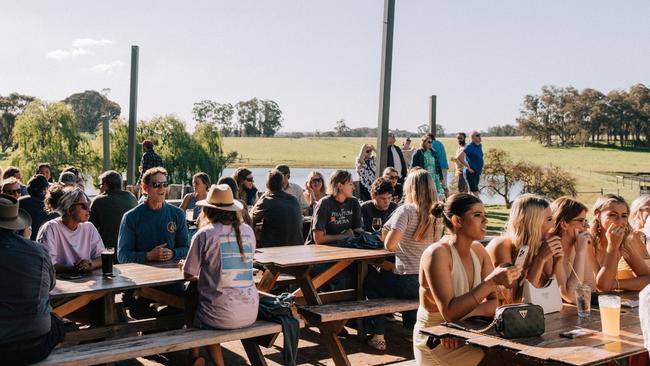
“Cost of living crisis? I think it’s gone past that now, hasn’t it? It’s the new norm,” Mr Atkins said.
Beerfarm’s ethos is built around paddock-to-plate sustainability by grazing cattle and market gardens on site to supplying its restaurant with beef and produce, while the spent grain and other by-products of beer making go back into feed and fertiliser.
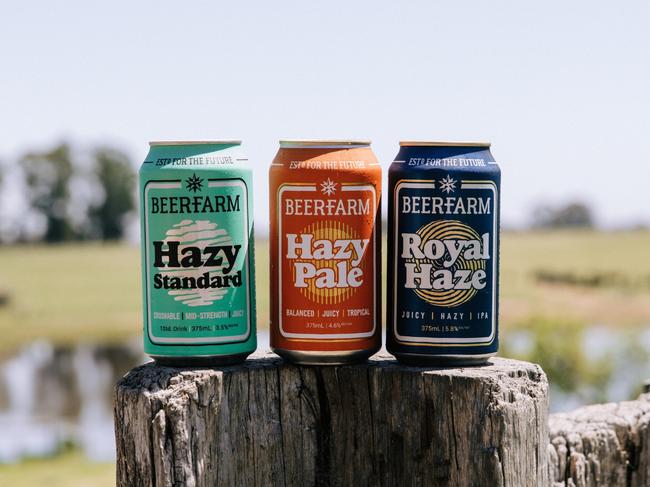
Mr Atkins said Beerfarm was looking for the “right investors, the right partners” to invest in its strategy to launch its east coast expansion that he hoped would ultimately see it push into the Queensland, Victorian and South Australian domestic markets making Beerfarm “the next big Australian brand”.





